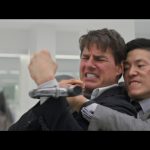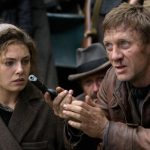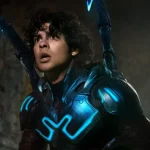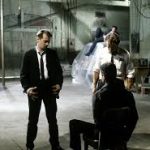🎬 The Godfather Part II (1974)
A Cinematic Masterpiece: A Review of The Godfather (1972)
The Godfather (1972), directed by Francis Ford Coppola and based on Mario Puzo’s bestselling novel, is widely regarded as one of the greatest films in cinematic history. With its intricate storytelling, unforgettable performances, and masterful direction, the film transcends the crime genre to explore themes of power, loyalty, and family. Starring Marlon Brando, Al Pacino, James Caan, and Diane Keaton, The Godfather is a timeless classic that continues to captivate audiences decades after its release.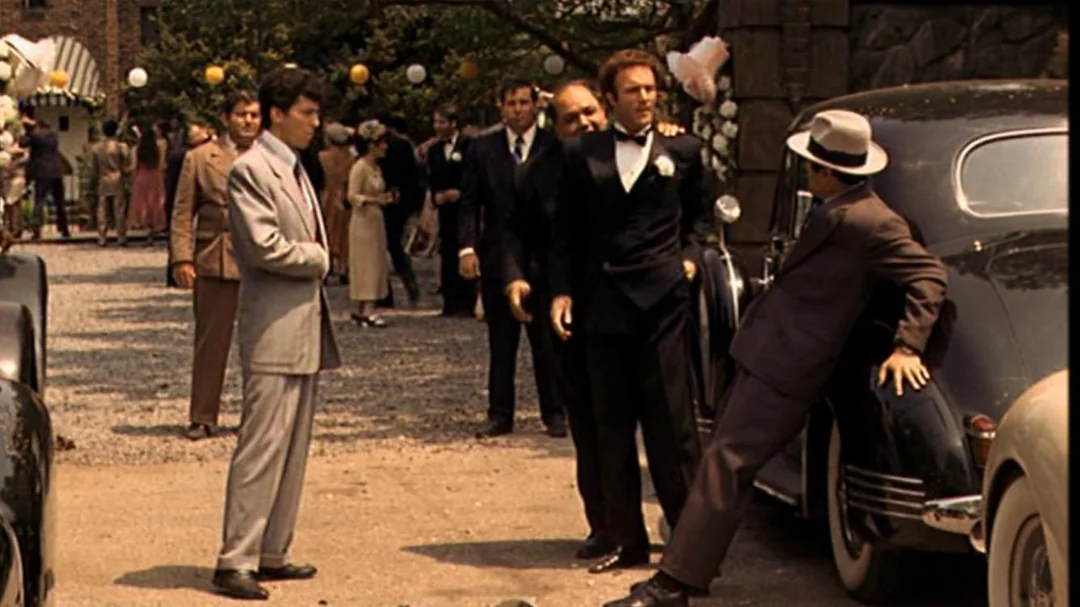
Plot Overview
Set in the years following World War II, the film follows the Corleone family, a powerful Italian-American crime dynasty led by Vito Corleone (Marlon Brando). As Vito’s youngest son, Michael (Al Pacino), reluctantly becomes involved in the family’s operations, a series of betrayals, rivalries, and power struggles ensue. The story chronicles Michael’s transformation from an outsider to a ruthless leader, exploring the moral complexities and personal sacrifices that come with power.
Marlon Brando as Vito Corleone
Marlon Brando’s portrayal of Vito Corleone is legendary, earning him an Academy Award for Best Actor. Brando imbues the character with a quiet intensity, combining wisdom, authority, and vulnerability. His iconic delivery, including the famous line, “I’m gonna make him an offer he can’t refuse,” cements Vito as one of cinema’s most memorable characters.
Al Pacino’s Transformation as Michael Corleone
Al Pacino delivers a career-defining performance as Michael Corleone, capturing the character’s gradual descent into the morally ambiguous world of the family business. Pacino’s portrayal is nuanced and compelling, showcasing Michael’s internal conflict and eventual acceptance of his role as the new Godfather.
A Stellar Ensemble Cast
The supporting cast is equally impressive:
- James Caan as Sonny Corleone: Caan’s fiery and impulsive portrayal of Sonny provides a stark contrast to Michael’s calculated demeanor.
- Robert Duvall as Tom Hagen: Duvall’s understated performance as the family’s consigliere adds depth and stability to the Corleone inner circle.
- Diane Keaton as Kay Adams: Keaton’s Kay represents the audience’s perspective, offering a lens into the Corleone world from an outsider’s viewpoint.

Francis Ford Coppola’s Direction
Francis Ford Coppola’s direction is a masterclass in filmmaking, combining meticulous attention to detail with a deep understanding of character and story. Coppola’s use of lighting, composition, and pacing creates an atmosphere of tension and intimacy, immersing viewers in the Corleone family’s world. The film’s non-linear storytelling and iconic set pieces, such as the opening wedding scene and the baptism sequence, demonstrate Coppola’s visionary approach.
Themes of Power, Loyalty, and Family
At its core, The Godfather is a meditation on power and its corrupting influence. The film explores the dynamics of loyalty and betrayal within the family and the broader criminal underworld. Through Michael’s arc, the story examines the personal costs of ambition and the conflict between individual morality and familial duty.
Nino Rota’s Iconic Score
Nino Rota’s hauntingly beautiful score is integral to the film’s atmosphere. The Godfather theme, with its melancholic strings and timeless melody, enhances the emotional depth of the story and remains one of the most recognizable pieces of film music.
Criticism and Limitations
While The Godfather is widely celebrated, some critics have noted its slow pacing in certain scenes. Additionally, its romanticized portrayal of organized crime has sparked debate about its impact on cultural perceptions of the Mafia. However, these criticisms are minor in the context of the film’s overall excellence.
Conclusion and Legacy
The Godfather (1972) is a cinematic masterpiece that transcends its genre to become a profound exploration of power, loyalty, and family. With unforgettable performances, visionary direction, and a timeless narrative, the film continues to inspire and captivate audiences.
As a cornerstone of American cinema, The Godfather has left an indelible mark on the industry and remains a must-watch for film enthusiasts. Its influence on storytelling and filmmaking ensures its legacy as one of the greatest films of all time.
